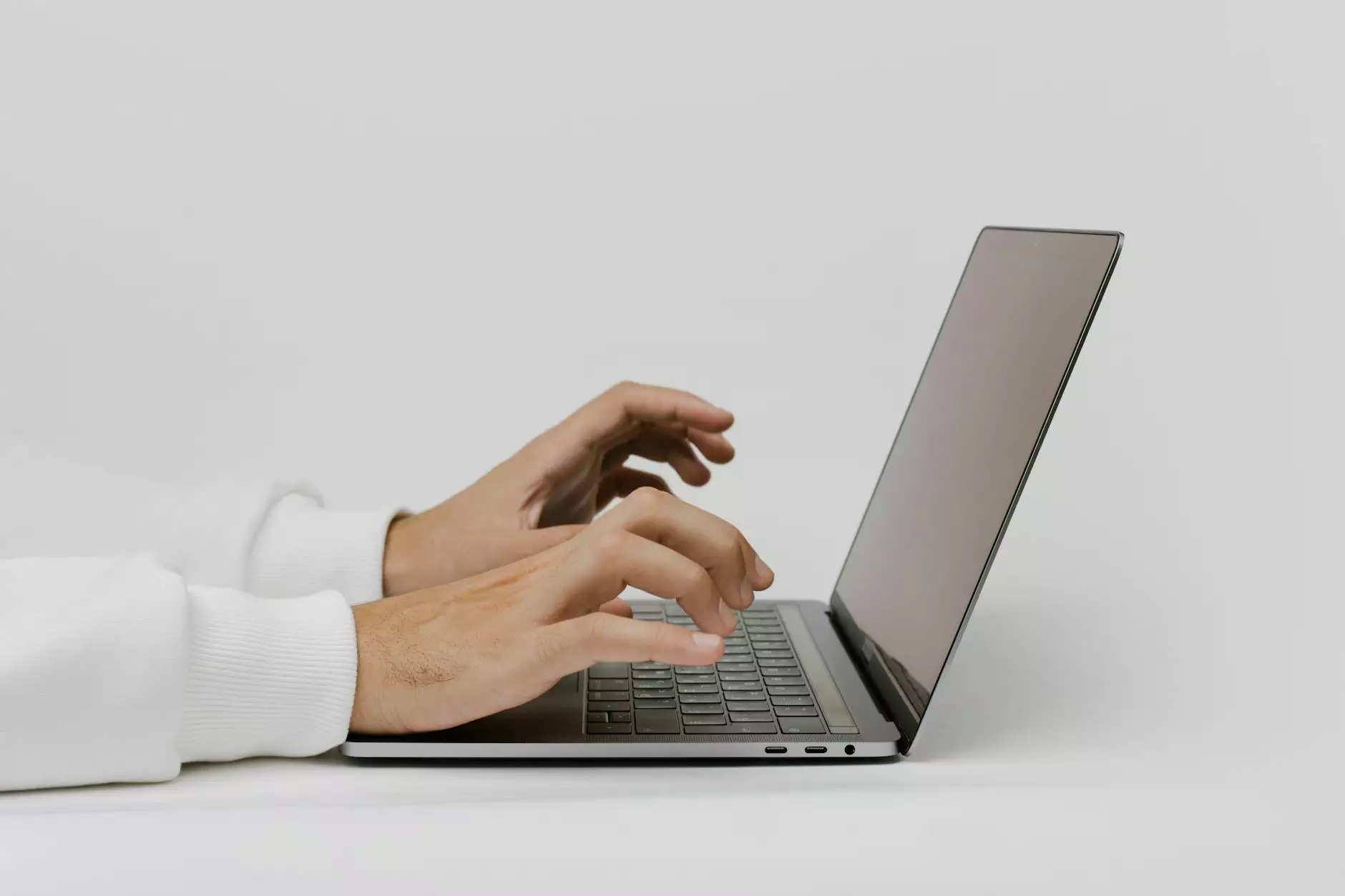The Rise of Fake Euro: Understanding the Business Opportunity

The global economy is a magnificent beast, with countless opportunities lurking around every corner, and for those who have their finger on the pulse, the prospect of venturing into the realm of fake euro currency trading can be particularly enticing. This article will delve deep into the underlying mechanisms at play in this niche market and provide you with valuable insights into how you can capitalize on these opportunities.
What is the Fake Euro?
The term fake euro refers to counterfeit currency that imitates the legitimate euro, the official currency of the eurozone. Despite its illegal status, the existence of fake euro currency has led to an underground market where it is bought and sold. Understanding this market is crucial for anyone looking to engage with it responsibly and profitably.
History of the Euro and Counterfeiting
The euro was introduced in 1999, rapidly becoming one of the world's most widely used currencies. However, with popularity came the dark side: counterfeiting. As seen throughout history, every currency has faced challenges from counterfeiters. Organizations like the European Central Bank (ECB) have implemented robust security features to thwart these attempts, yet the counterfeit market persists.
The Appeal of Fake Euro
Why do people engage with fake euro currency? The reasons can vary:
- Profit Potential: Counterfeiters and fraudsters capitalize on the demand for cheap currency in illicit markets.
- Access to Cash: For those in certain regions, obtaining real euros may be challenging, leading to a reliance on counterfeits.
- Economic Disparities: In countries facing economic hardships, fake currency can become a means of survival.
Legal Implications of Fake Currency
Engaging with fake euro currency is illegal in most jurisdictions. The consequences of being caught in possession of counterfeit money can be severe, including hefty fines and imprisonment. It is crucial to understand the law and navigate this business carefully. Always seek legal advice if engaged in discussions surrounding counterfeit currency.
How the Fake Euro Market Operates
The fake euro market operates just like any other business. Understanding its intricacies is key to navigating it safely:
1. Supply Chains
Counterfeit currencies often originate from countries with weaker law enforcement and regulatory frameworks. This illegal supply chain produces and distributes these fake notes.
2. Online Marketplaces
The internet has given rise to countless platforms where fake euro and other counterfeit currencies can be bought and sold anonymously. From the dark web to social media groups, the availability is alarming.
3. Risk Management
Those involved in the business must implement strategies to mitigate risk. Buyers often use escrow services to protect their investments while sellers must ensure anonymity and protect their identity.
Risks Involved in the Business of Fake Euro
Venturing into the business surrounding the fake euro is fraught with risks:
- Legal Risks: As mentioned, the legality of engaging with counterfeit currency is a major risk. Legal action can result in significant consequences.
- Financial Losses: There is always a risk with counterfeit goods that they are of poor quality or ineffective, leading to losses.
- Reputation Damage: Being associated with illegal activity can tarnish one’s reputation, making future business endeavors challenging.
Ethical Considerations
Beyond the legal implications, there are ethical considerations to reflect upon. Engaging with fake euro can perpetuate crime and undermine legitimate economies. As responsible business people, it’s important to consider the broader impact of these actions.
Alternatives to Engaging in the Fake Euro Market
If the allure of currency trading excites you but you prefer to stay within legal boundaries, consider these alternatives:
1. Currency Trading
Learn about legitimate currency trading in foreign exchange markets. This can be a profitable business opportunity free from ethical or legal complications.
2. Invest in Currency-Related Businesses
Many businesses profit from currency exchange without engaging with counterfeit currency. Consider investing in established financial institutions.
3. Financial Advising
If you have experience in financial management, consider offering advisory services to those interested in the complexities of currency investments.
The Future of the Fake Euro Market
As economies evolve and technology advances, the fake euro market will likely continue to transform. Digital currencies and encryption offer new challenges and opportunities for counterfeiters and law enforcement alike. Keeping up with trends is essential for anyone considering a foray into this space.
Conclusion
Engaging with the fake euro market presents an array of opportunities and challenges. While the potential for profit exists, the legal and ethical implications can weigh heavily. Understanding the intricacies of this business can help you make informed decisions, whether you wish to enter the world of counterfeit currency or find legitimate alternatives. Staying informed and cautious is the best way to navigate this complex landscape.
For those interested in exploring more about business opportunities in currency and finance, visit globcoffs.com for resources, insights, and strategies to help you maximize your potential while staying within legal bounds.
Frequently Asked Questions (FAQ)
What should I do if I suspect I've received fake euro bills?
If you believe you have received counterfeit currency, do not attempt to use it. Report it to local authorities immediately.
Is it illegal to own fake euro currency?
Yes, owning fake currency is illegal in most countries and can lead to severe penalties.
How can I spot counterfeit euro bills?
Look for security features such as watermarks, holograms, and color-shifting ink. Familiarize yourself with authentic euro notes to better identify counterfeits.



